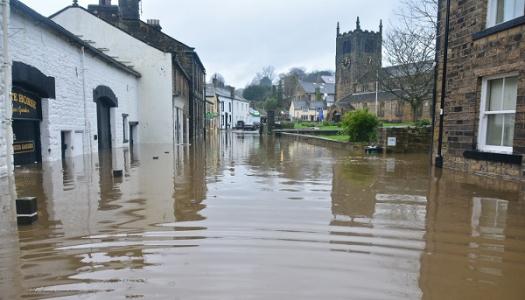Integrative Sciences

“All religions, arts, and sciences are branches from the same tree. All these aspirations are directed toward ennobling man's life, lifting it from the sphere of mere physical existence and leading the individual towards freedom” said Albert Einstein in 1937.
Challenges faced by the global community in 2020 show the truth in this statement and indeed lead us to go further – working on issues such as climate change, the loss of biodiversity, social, spatial and environmental justice, persistent poverty, endemic disease (not to mention the current crisis of COVID-19) without exploring all branches of knowledge and human endeavour is going to result in incomplete understanding and therefore inhibit much-needed change.
In Europe and North America, there is a purposeful and strategic move to integrate knowledge creation and understanding across multiple traditions to address questions that entirely transcend existing academic traditions.
This is particularly true when it comes to environmental challenges. In 2018, the US National Academy of Sciences Engineering and Medicine published a report “The Integration of the Humanities and Arts with Sciences, Engineering and Medicine in Higher Education” in which they state “Environmental problems... are not disconnected challenges; they do not occur in discrete, autonomous systems rooted in the environment on the one hand, or in society on the other…”.
Environmental processes, therefore, can only be understood by understanding processes rooted in society and culture as well as the natural systems upon which those processes depend. Stresses in these socio-ecological systems manifest their impacts on society in unequal ways, resulting in social and spatial injustice, and require solutions that depend on community support, understanding and change. Science can tell us that increasing carbon dioxide emissions are changing our climate but doesn’t show us that “current emissions reflect cultural and social ideas, such as what it means to be a developed economy and what relationships and responsibilities members of a society have to each other, to future generations, to the global community, and to the planet” (NAS, 2018). Similarly, the arts can connect with our emotions and inspire us to change – but if those processes are used to advance quackery, conspiracy theories and hate, you end up with orange world leaders and yoni eggs.
Addressing, for example, climate change, but also many other global challenges will require contending with the meanings of cultural habits and histories and seeking new ways for national and global communities to understand, reimagine, and give expression to visions of responsibility for the future. This is going to take an integrated approach.
And if you struggle to imagine an integration of activism, urban air quality and the culinary arts, take a look at this video.